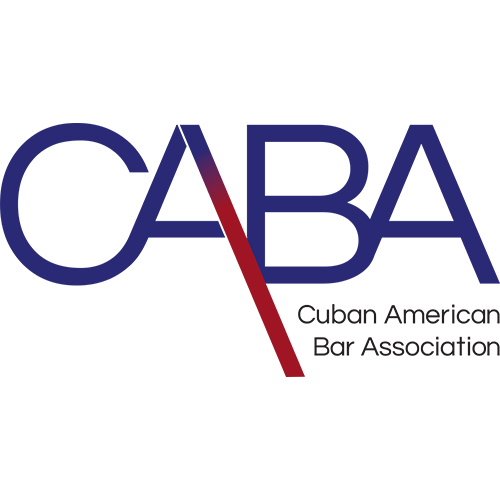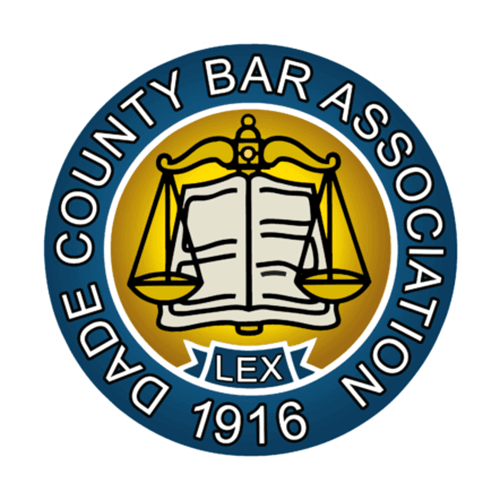Child Abuse Lawyers in Miami
PROTECTING YOUR RIGHTS SINCE 1983
The sexual abuse attorneys at Bernstein & Maryanoff Injury Attorneys have the knowledge and experience necessary to get the maximum compensation for your injuries.
reviewed for Accuracy
The content on this page has been produced and reviewed in accordance with our editorial guidelines. This content has been reviewed and approved by founding Personal Injury Attorney Jack G. Bernstein who has over 40 years of legal practice experience.
If the victim of a sexual assault is a child, the child’s parents may be able to recover monetary damages on the child’s behalf. A parent may be able to bring an action against the child’s assailant or against a negligent establishment, such as a school, store, childcare service, church, a security company, or medical institution. If the abuse occurred in a school or as part of a supervised activity intended for children, those responsible for hiring, training or supervising the attacker may be liable for the assault. Parents have successfully brought actions on behalf of sexually abused children against school authorities, daycare centers, church authorities, youth camps, youth organizations, negligent relatives, and others who negligently failed to warn and protect the child from abuse or who helped make the abuse possible. In cases where another minor committed the sexual abuse, the attacker’s parents may be liable for negligence. If a child is assaulted in a home, compensation may be available under the homeowner’s policy, and if the child is assaulted in a car, insurance may be available under either a homeowner’s policy or automobile policy. If your child has been sexually assaulted, it is important that you contact an experienced lawyer immediately so you do not waive valuable legal rights.
Timing of the Claim
The period within which a person may bring a claim for the sexual assault of a minor varies from state to state, and determining the applicable period can be quite complicated. For example, in some states a person younger than 18 years old at the time of a sexual assault has a specified number of years after becoming an adult to bring his or her action. In some states the claim period is quite long, such as 30 years from the age of majority, but in others it is as short as one or two years from the age of majority. Other state laws provide that claims can be filed within a certain number of years from the date the child either reaches the age of majority or any “disability” is removed.
Frequently, when a child experiences sexual assault, he or she may repress or hide the experience out of fear or embarrassment. The child’s attacker may have threatened the child with harm if the child discloses the attack. As a result, sexual assault and abuse of children is often not disclosed for a long time after the incident. In some cases, a sexual assault victim may experience a “repressed memory” and be unaware of a potential claim. Some states provide an extension if the victim’s memory was repressed, either by allowing the time for filing a claim to run from the date the victim recalls the injury or by providing a statutory grace period. Other states have refused to uphold such claims, even though the victim did not know he or she had a claim until the memories were revived by therapy and even though the repressed memories were actually a way of coping with the psychological harm caused by the abuse.
Some states interpret their statutes as “realization” statutes, meaning that the period does not begin to run until the victim realizes that he or she was abused and that he or she was injured as a result of the abuse. Some statutes that provide that the exception for a “disability” includes situations in which a victim was unable to acknowledge the abuse or the injury. If you have recently recalled repressed memories of a sexual assault from your childhood, it is especially important that you contact your Miami sexual abuse lawyer as soon as possible with details of the incident to determine whether you may have a cause of action against your assailant under the applicable state law.
Testifying in Court
A child may be required to testify in court if he or she is able to do so, especially in criminal cases. Before the first court appearance, administrators will provide the child with a court tour to help her or him feel more comfortable with the process, and the court may try to minimize the emotional impact on the child by using closed circuit testimony or “court school” before the child’s testimony.
Conclusion
Sexual assault victims and their families are often overwhelmed with a variety of feelings, such as anger, disbelief, confusion, and helplessness. These are all normal reactions, and it is helpful to seek support from friends, social workers, therapists, and other professionals. A law firm experienced in dealing with sexual assault of children can provide you with the information and support you need to get through this difficult time.
DISCLAIMER: This site and any information contained herein are intended for informational purposes only and should not be construed as legal advice. Seek competent legal counsel for advice on any legal matter.
Additional Sexual Assault Resources and Information
- What to Do If You Are a Sexual Assault Victim
- Sexual Abuse By Doctors
- Sexual Assault in the Workplace
- Sexual Assault of a Minor
- Sexual Abuse by Priests and Church Members
- Sexual Abuse and Assault by Camp Counselors
- Sexual Abuse Involving Coaches
- Sexual Assault by Teachers
- Sexual Abuse in Nursing Homes
- Sexual Assault Resource Links
- Sex Abuse FAQs





